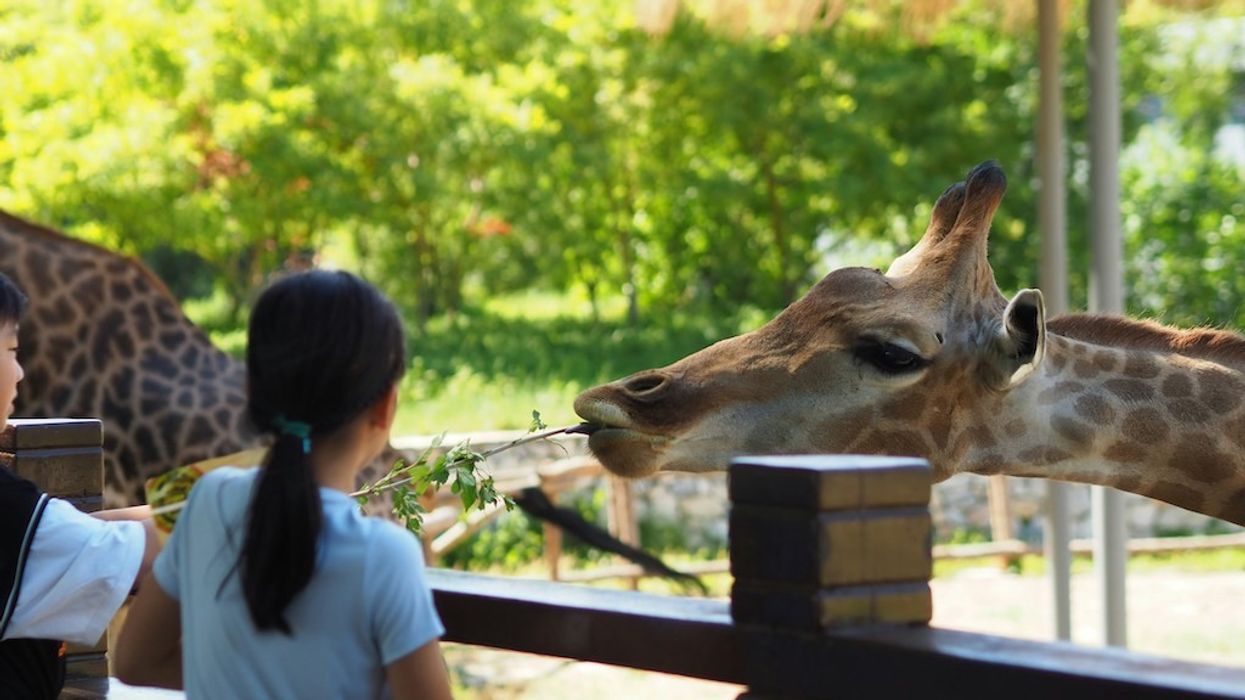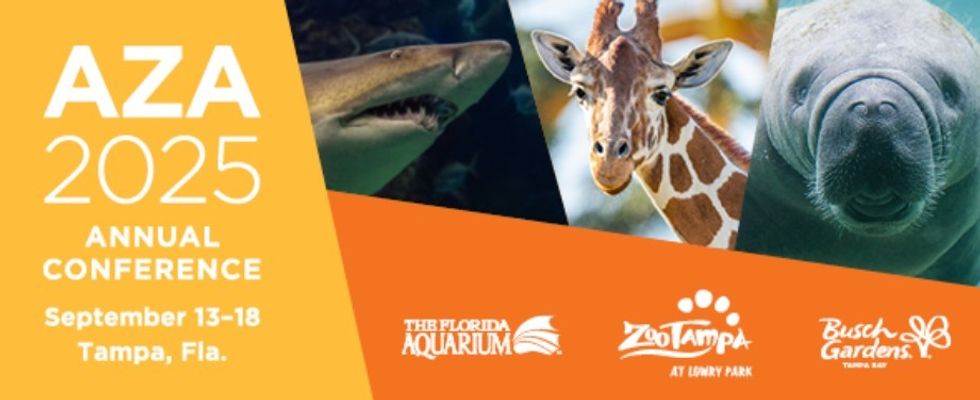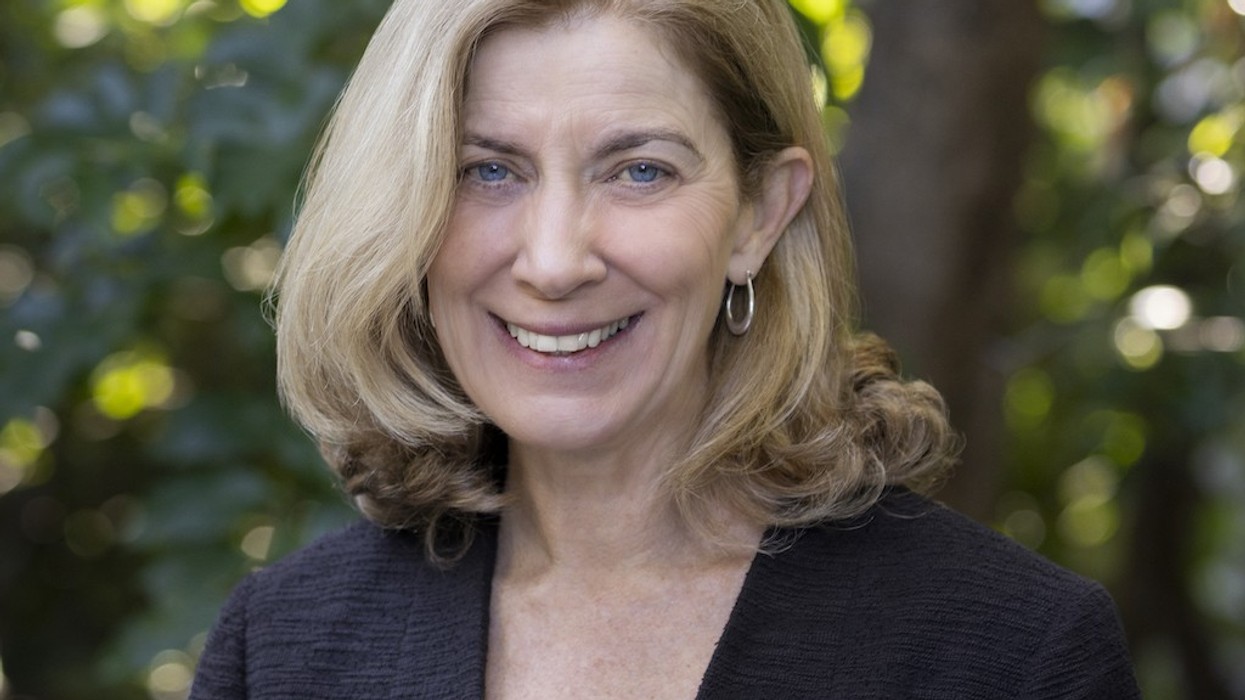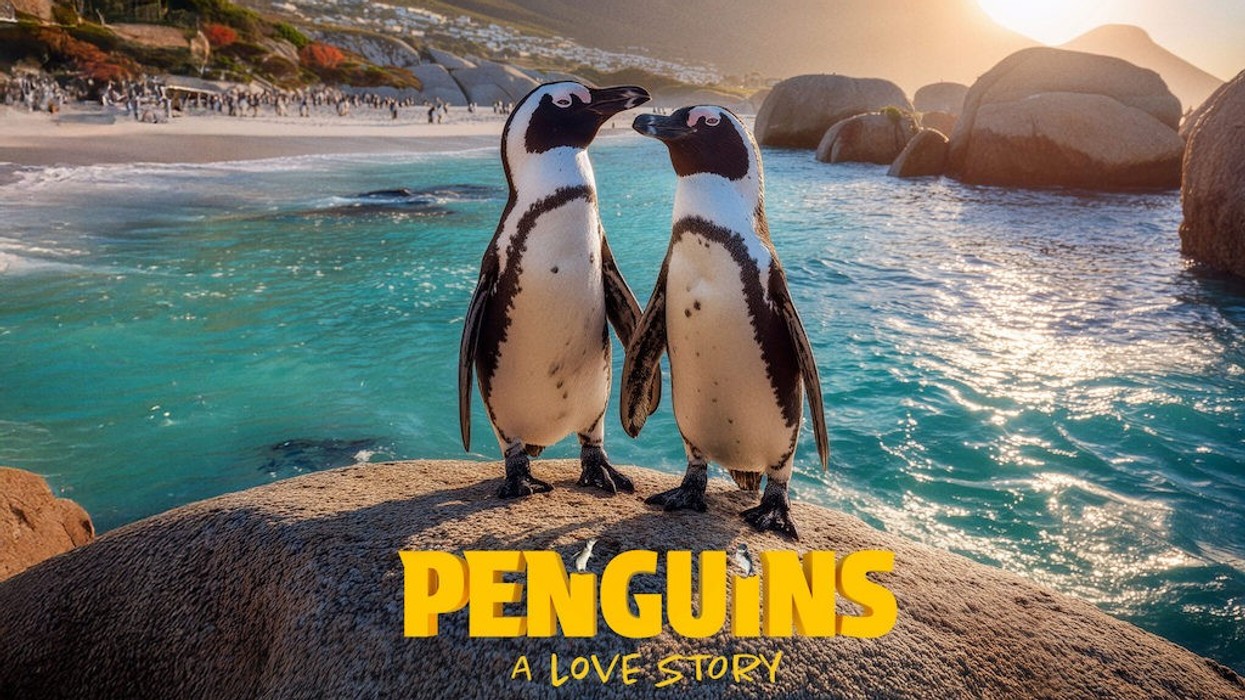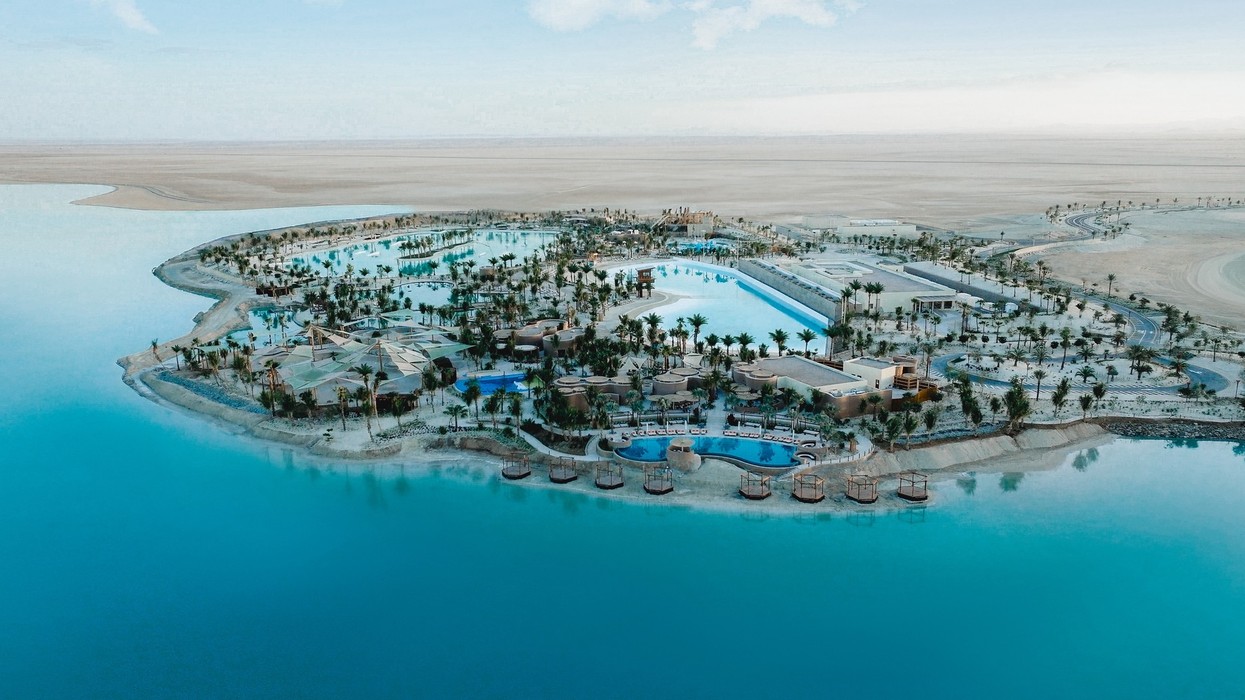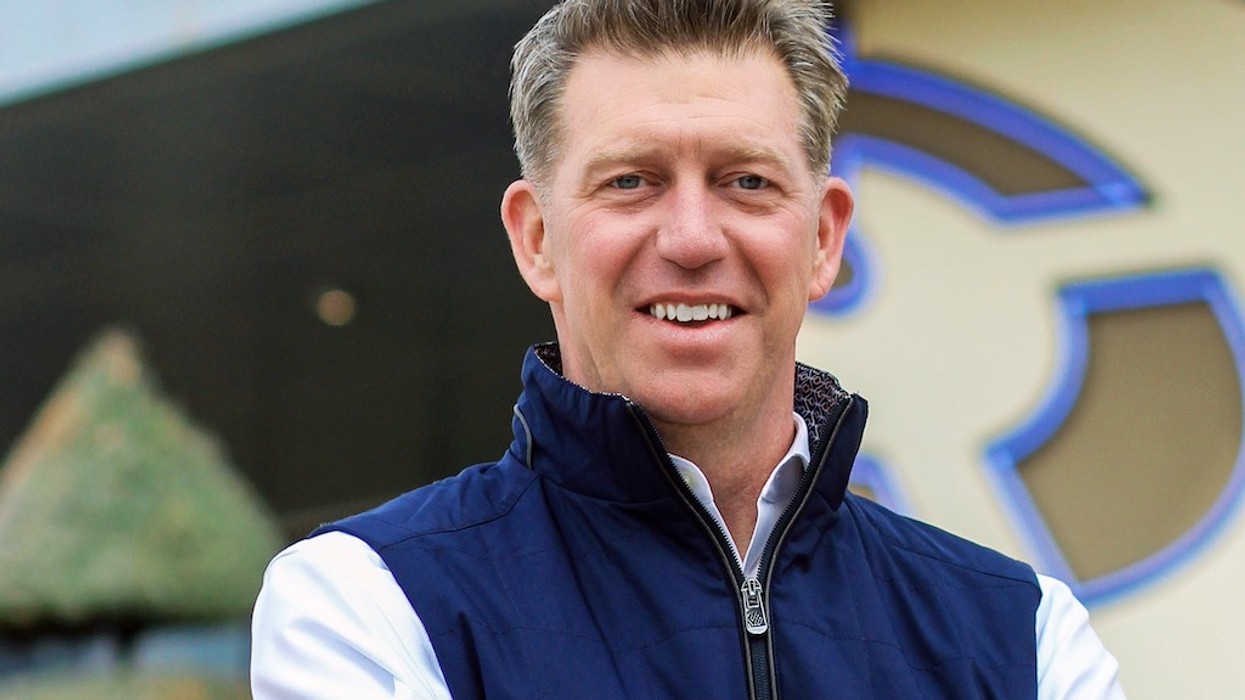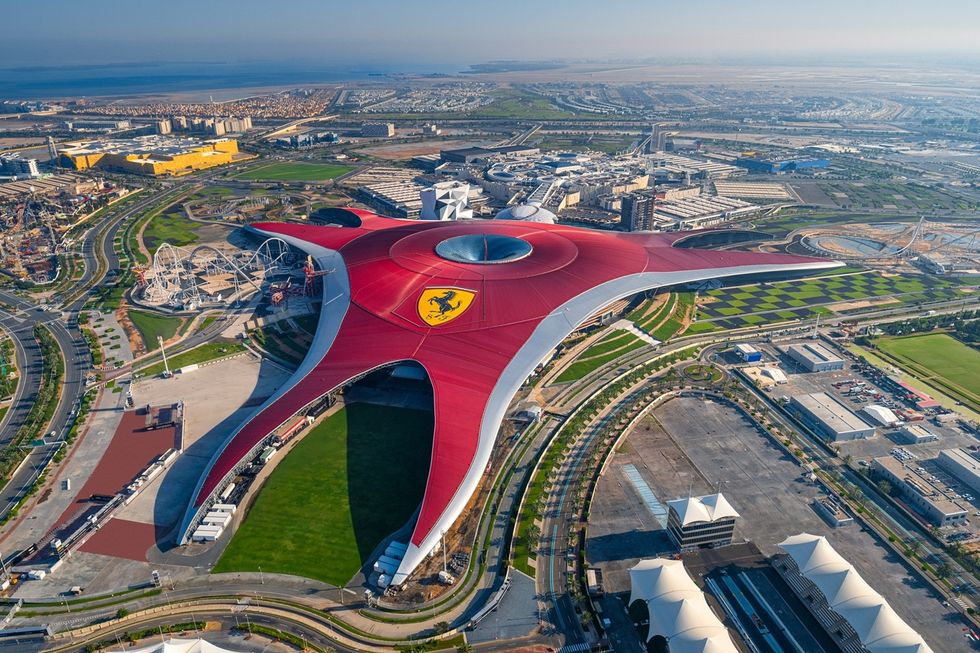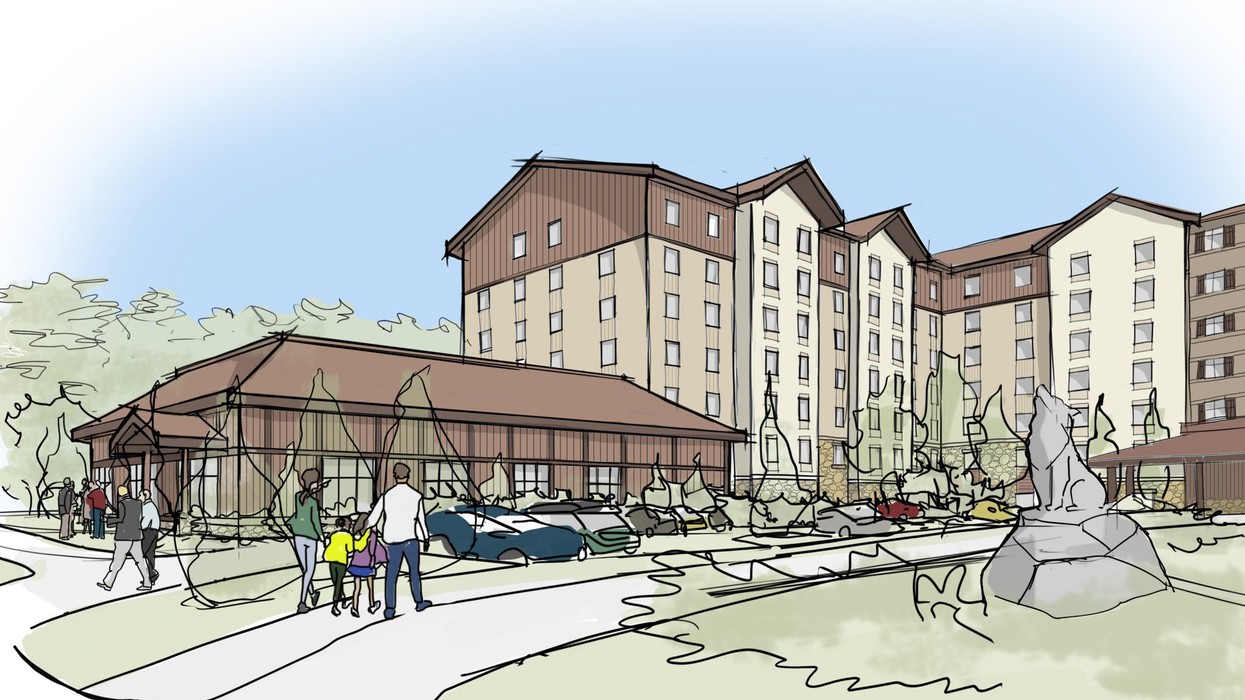Verdis Group, a sustainability consulting firm that specialises in helping organisations integrate comprehensive climate action plans into their operations,is conducting a Climate Experienced Loss pilot initiative for select AZA zoos to develop an assessment method that may be replicable across similar AZA institutions.
Funded by partner SSA, Verdis Group is collaborating with several AZA member institutions to gather all necessary attendance, financial, operational, and weather data and information, and perform a quantitative assessment of their recent climate experienced losses. The outcomes of this assessment will enable institutions to better understand the material financial risks posed by climate disruptions, informing future resilience and adaptation measures.
At the 2025 AZA Annual Conference, Verdis Group will deliver the anonymised preliminary findings.
A growing challenge for zoos and aquariums
As climate patterns become increasingly unpredictable, zoos and aquariums face growing challenges that extend beyond animal care, affecting their operations and revenue. While they have adapted to seasonal changes, the rise of extreme weather is prompting a fundamental shift in planning, operations, and more.
With the AZA Annual Conference this September, now is a prime time to explore how climate resilience strategies can protect animals, guests, and financial stability. The concept of "climate experienced loss" is vital for the profession's future. Climate disruptions lead to fluctuating attendance, driven by macroeconomic trends such as economic downturns or microeconomic trends like local demographic shifts, which affect yearly attendance variably.
Institutions are skilled at planning for attendance shifts based on historical norms. However, many have recognised in recent years that weather-related incidents increasingly impact attendance and revenue.
Global weather patterns are shifting, with dry areas becoming drier, wet regions experiencing more rain, and extreme events like storms, floods, and hurricanes increasing in frequency and severity. Communities worldwide face worsening weather-related disasters due to climate change.
The growing frequency of unexpected weather events is having a noticeable financial impact on the zoo and aquarium profession in several respects. Unusually extreme temperatures are now occurring at atypical times of the year, which consistently disrupts visitor attendance. Severe weather incidents, such as flooding or storm damage, not only force unexpected closures but also result in costly repairs.
Additionally, gradual shifts in climate are prompting institutions to reconsider and sometimes change the species they can exhibit. Furthermore, animal registrars are facing narrower windows for transporting animals between facilities, resulting in increased logistical difficulties.
Climate resilience
Zoos and aquariums are already adapting to new challenges by adjusting guest access times to avoid heat, and using flex pricing and timed tickets in shoulder seasons to recover lost attendance and revenue.
Beyond attendance, extreme weather also affects operations. Many teams are adjusting schedules; for example, animal care teams are adjusting summer transport due to narrower temperature windows. Nutrition teams are examining vendor sourcing as heat and drought reduce nutrients in food sources.
In addition to adaptation strategies, organisations are implementing resilience strategies that enhance their ability to adapt quickly to, or recover swiftly from, disruptions. Resilience strategies can vary, ranging from flexible built environments that respond to changing needs to staff training and weather-related emergency drills.
See also: Future-proofing attractions: climate resilience starts now
However, without a clear framework for measuring the costs of climate impacts, it's difficult to make informed decisions about where to invest limited resources for maximum resilience. Understanding the full scope of climate-related financial impacts is crucial for developing effective long-term strategies and securing the necessary support to implement them.
For US-based organisations, The Climate Toolbox is a great resource to examine future climate projections.
Measuring climate experienced loss
Climate experienced loss estimates the financial impacts of climate disruptions, like closures.
To accurately assess climate experienced loss, an organisation needs to bring together multiple data sources to determine the real financial impact of climate-related disruptions. This process involves cross-referencing historical revenue figures with attendance records, as well as accounting for any financial commitments made to address weather-induced damage, such as the costs of repairing enclosures, fences, and clearing debris.
Additionally, collecting and reviewing feedback from guests and visitors is essential, particularly comments noting when animals are not visible due to adverse weather or extreme temperatures. By integrating these data points, organisations can develop a clearer picture of the true cost of climate disruptions and make more informed decisions about future resilience strategies.
Discover more at AZA Annual Conference 2025
At the 2025 AZA Annual Conference, Verdis Group will deliver the anonymised preliminary findings of the Climate Experienced Loss pilot initiative at a session on Thursday 18 September at 8 am called AZA Environmental Megatrend: Building Climate Resilience - Strategic Planning for Future Weather Events.
The Climate Experienced Loss pilot is a key step in transforming resilience planning in our industry. By creating standard methods for measuring climate impacts, participating institutions are not only protecting their operations but contributing to a knowledge base that benefits the entire AZA community.
The data collected will help institutions of all sizes make better decisions on investments, operational changes, and strategic planning. Verdis Group thanks the participating zoos and aquariums and SSA Group for funding this effort.
Charlotte Coates is blooloop's editor. She is from Brighton, UK and previously worked as a librarian. She has a strong interest in arts, culture and information and graduated from the University of Sussex with a degree in English Literature. Charlotte can usually be found either with her head in a book or planning her next travel adventure.
